What’s Ahead for 2023: COS Faculty Projections
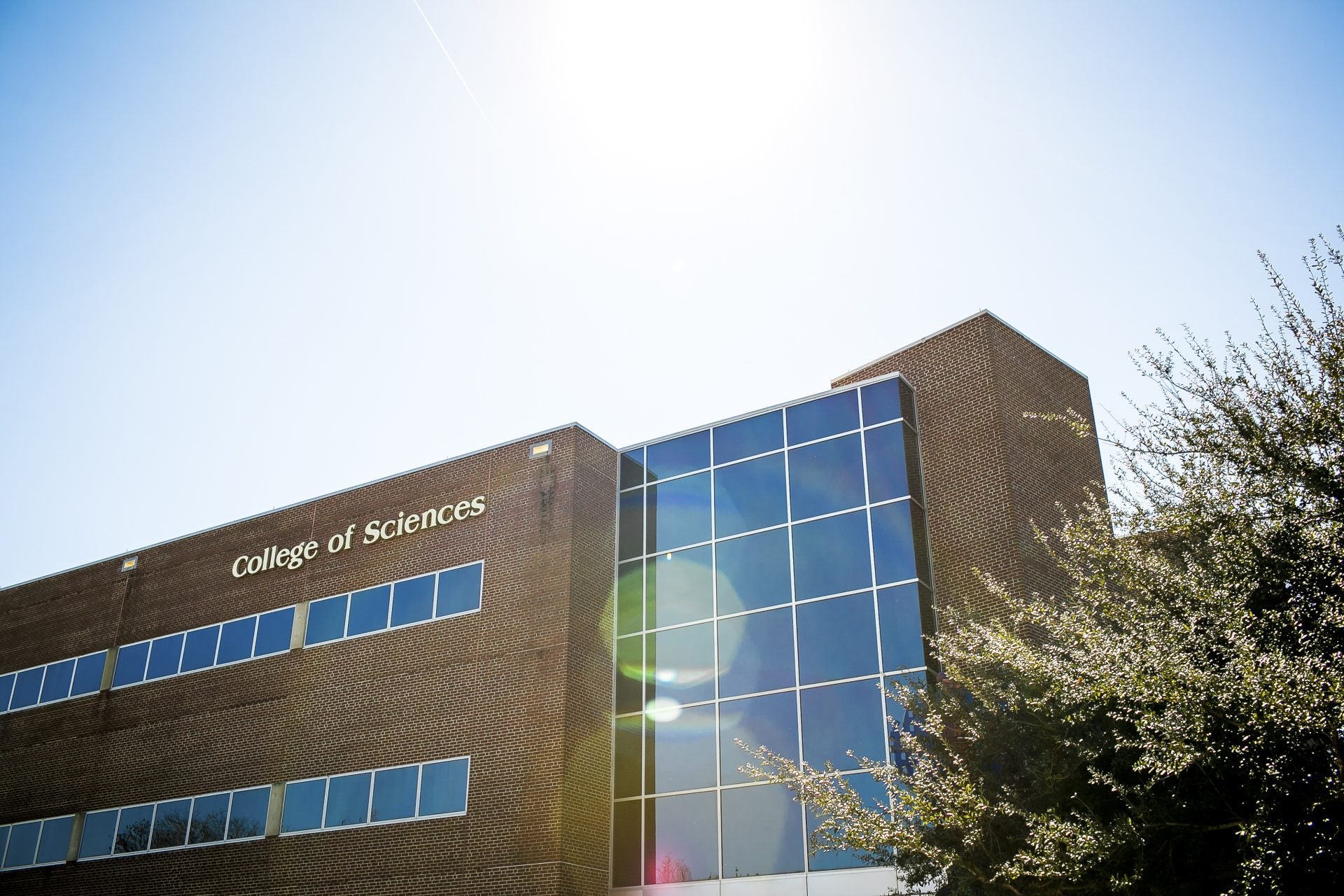
Faculty at UCF share predictions and upcoming milestones for 2023.
Politics
Associate Professor Aubrey Jewett Ph.D., Assistant Director, School of Politics, Security, and International Affairs
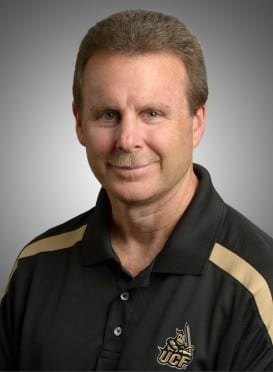
“For 2023 in U.S. politics, I expect the battle lines to sharpen for the Republican nomination for president. So far, it looks like former President Trump will be the frontrunner, but it is possible Florida Gov. Ron DeSantis may challenge him. It is also possible that a number of other Republicans may enter the race. On the Democratic side, it seems more and more likely that President Biden will seek reelection.
In Florida, I expect that Governor DeSantis and the Republican legislature will pass additional conservative legislation affecting colleges and universities, women and the LGBTQ community given that the legislature has large super majorities.”
Chemistry
Assistant Professor Vasileios Anagnostopoulos, Ph.D, head of the Environmental Radiochemistry Research Group
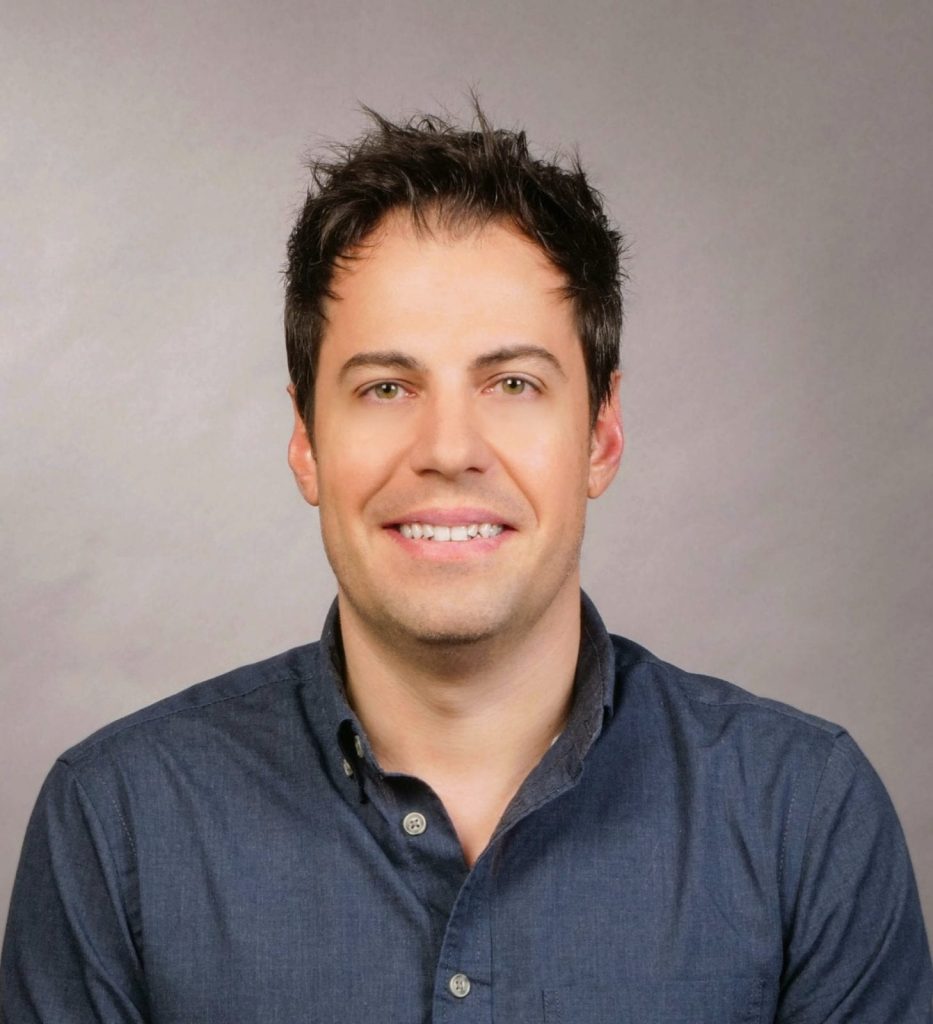
Anagnostopoulos currently researches the effects of nuclear fuel and contaminant disposal on the environment. For 2023, he hopes more work will be made towards solutions that produce “clean and reliable energy.”
“I research the field of nuclear energy, specifically the part that comes after the production of nuclear energy, which is radioactive waste management.
A major topic in my field in 2023 would be the progress of molten salt nuclear reactors, which is a sort of new generation of nuclear reactors that produce less waste. This way nuclear energy can contribute to the nation’s energy goals by creating energy that is free of emissions and produces less waste.
Physics
Lecturer Richard Jerousek, Ph.D., Observatory Director
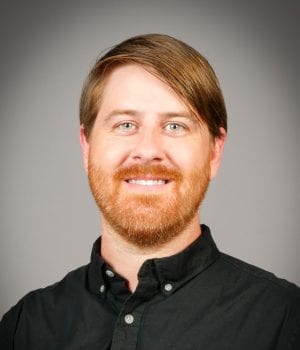
As the director of UCF’s observatory, Jerousek looks to the cosmos for questions he would like to see answered in the new year.
“Will Congress agree to fund a Uranus orbiter? The orbiter was chosen as the highest priority for planetary science in the “2023-2032 Planetary Science Decadal Survey” (a publication of the United States National Research Council produced for NASA and other US government agencies like the National Science Foundation). The document identifies key questions facing planetary science and outlines recommendations for space and ground-based exploration ten years into the future.
There are a lot of open questions about the rings of Uranus, which are considerably darker and likely much older than Saturn’s rings. Maybe many small moons exist close to the planet and shepherd the many narrow ringlets. Understanding these moonlets — which can’t currently be detected from Earth — could shed light on the origin of the ring system and the reason for compositional differences between the dark rings and the large, bright icy moons of the planet.”
Jerousek also sees new updates for the Robison Observatory, which is set to reopen this year.
“I’m looking forward to seeing the renovations of UCF’s Robinson Observatory in February 2023, complete with 20” main telescope (with an assortment of cameras), a small radio telescope for studying hydrogen in our galaxy and a solar telescope for observing sunspots and prominences erupting high above the sun’s surface.”
Biology
Associate Lecturer Christa Diercksen, Ph.D., Undergraduate Biology Program Director
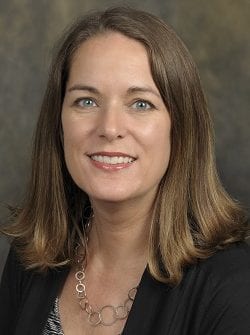
As the Undergraduate Director of Biology, Diercksen reflects on how far the department has come in the area of accessibility. She hopes to continue this progress in the new year.
“I feel like one of the biggest changes for the Biology department is that we will continue to evolve in ways to meet the needs of our students, particularly in the post-COVID world.
We see a real interest from at least some of our majors to offer more online options for core classes and for some upper-level electives.
This flexibility will allow our students to continue to take classes while also working or doing research/internships in places other than being fixed to Orlando.
I think this reflects what many students will want after they graduate as well: jobs and careers that allow them more flexibility. Our undergraduate program should reflect that shift as well.”
Communication
Associate Professor Jihyun Kim, Ph.D., Communication Program at the Nicholson School of Communication and Media
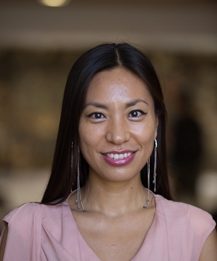
Kim’s research focuses on the “social and psychological impacts of artificial intelligence” as it is applied in different areas of life, such as “health, education or media enjoyment.”
“Of various research activities planned for 2023, I am particularly excited about seeing the outcomes of a virtual human project and a virtual reality project that I have been working on with my teams since early summer of 2022.
For the virtual human project, my research team is developing an app to examine how communication features of a virtual human trainer can help college students engage in meditation practice for their well-being.
For the virtual reality project, my team is currently building a virtual reality environment to examine whether virtual encounters with peers from other countries will develop positive perceptions about international peers. Funding comes from a small grant that we received from NCA (National Communication Association).
For both projects, we expect to run experiments in early 2023 and share the findings at the annual conference of NCA (National Communication Association) in late 2023. These two research teams consist of members with different educational and cultural backgrounds, ranging from undergrads, master’s and Ph.D. students, and to varying ranks of faculty at different universities and counties. Seeing the research products with these diverse teams will be meaningful in 2023.”
